- 한국어
- English
- 日本語
- 中文
- العربية
- Español
- Français
- Deutsch
- Pусский
- Tiếng Việt
- Indonesian
By Honorary Reporter Maiya Li from Kazakhstan
Photos = Meruyert Baimurat
Meruyert Baimurat, an international student from Kazakhstan, in this interview talks about her life and study in Korea as well as how she is adapting to life amid the COVID-19 pandemic.
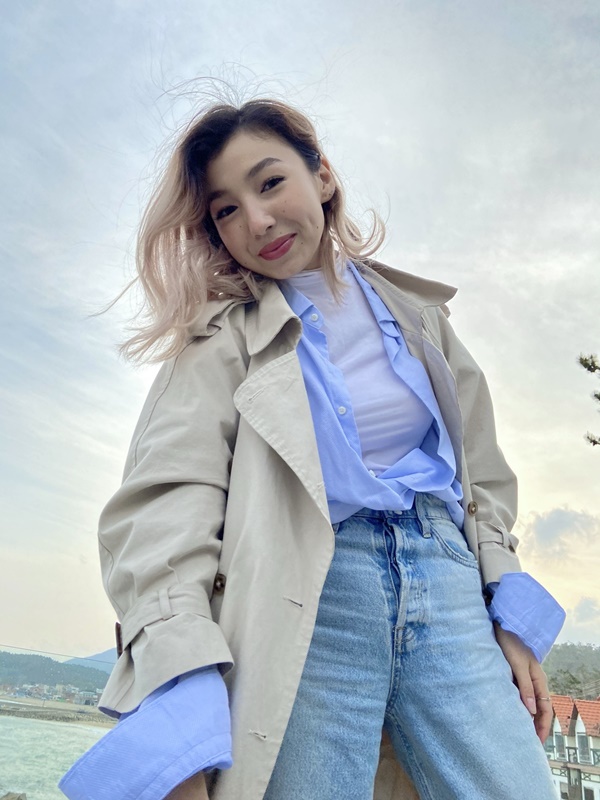
Why did you choose Korea for study?
Korea and its culture have been interests of mine since I was in middle school. And this seemingly juvenile interest in Korean culture gradually grew into a strong aspiration to study there.
KIMEP University in Kazakhstan, where I did my bachelor's, is striving to cultivate a globally connected environment, and we had international students from all over the world studying there as exchange or regular students. This is how I made Korean friends. Before meeting them, I had no strong desire to visit Korea, and my interest in the country was mild, limited to watching K-dramas, exploring Korean cuisine and discussing new releases of my favorite K-pop artists with friends but nothing beyond that. Under the strong influence of my Korean friends, however, I decided in 2018 to apply to an exchange program in Korea.
Which university in Korea are you attending?
I am enrolled in a Korean-language course at Sun Moon University in Asan, Chungcheongnam-do Province, but after this, I will start graduate school at Yonsei University in Seoul next spring to pursue a master's in global economy and strategy. I chose Yonsei since it is always among the top-ranked universities in Korea. The area around the university has well-developed infrastructure and is close to Sinchon and Hongdae, two neighborhoods known as hot spots for Seoul's vibrant youth culture.
How did you get a scholarship?
I received a scholarship for graduate studies from the Korean government-run Global Korean Scholarship. The process requires three selection rounds. Of the two application methods, I went for the embassy track. The first round is document screening followed by an interview, in which you're asked many questions such as your reason for applying for the scholarship and plans after completion of the program. The final round is admission from three universities that candidates apply to. I was accepted by all three of my selections, and after careful consideration, I chose Yonsei.
How fluent are you in Korean and how did you learn it?
I'm at Level 4 in Korean proficiency out of the six levels. I've been learning Korean for five years but first studied it lightly. I attended a language school in Almaty for a year or so, and picked up daily Korean from my Korean friends in Kazakhstan. Since I'm mostly focused on conversation, my learning of the language is oriented toward that goal. So with my level of Korean, I have yet to experience harsh difficulties while living and studying here.
What do you usually do in your spare time?
In my leisure time, I normally explore new places in the country, read books, and visit cafes. Cafe hopping is one of my favorite leisure activities as Korea has so many cute cafes that overwhelm my imagination.
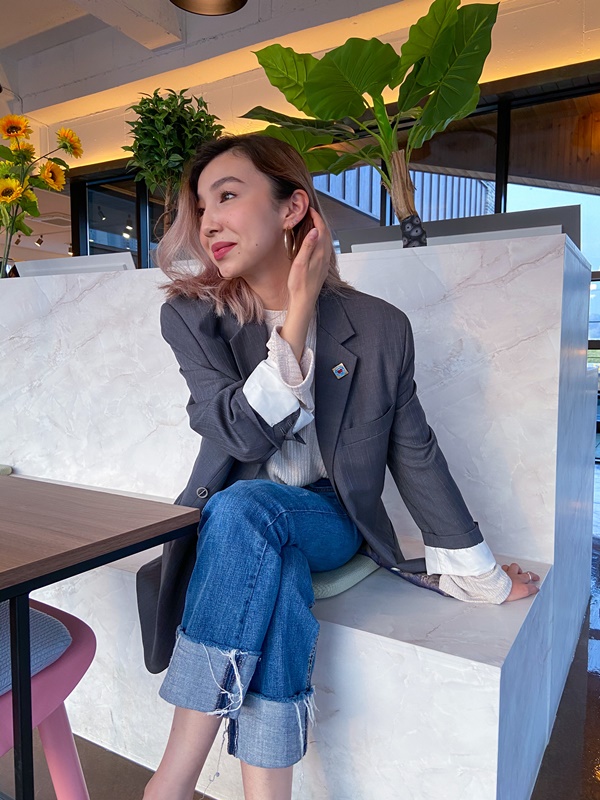
Did you attend events organized by the Kazakh Embassy in Seoul or the Kazakhstani Students Association in Korea?
Frankly, I haven't had a chance to attend events organized by the embassy or the Kazakh community in Korea, but would definitely love to after the COVID-19 situation improves.
What about life in Korea is attractive to you? Have you encountered difficulties in the country?
I think Korea can open new horizons for anyone who studies or lives here. It's truly an amazing country with plenty of opportunities for self-reflection, growth, self-development and job opportunities. These qualities are what probably attracts me to Korea the most.
On difficulties here, food was the most challenging. Since Kazakhstan has so many Muslims, eating pork is uncommon there but finding a restaurant in Korea that doesn't serve pork is hard. Another obstacle was making friends, probably because Korea was a monoethnic society for a long time. I found it difficult to approach Koreans at first, but it's the same anywhere else in the world.
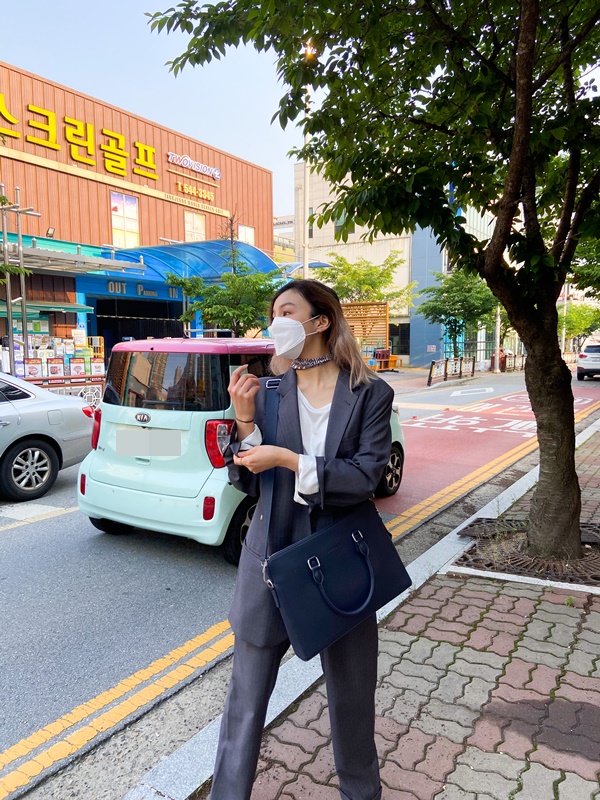
What do you think of the quarantine measures in Korea amid COVID-19?
Though they might be a bit hard to follow, the measures are quite effective in preventing the spread of the coronavirus. The reason social distancing rules work here in Korea is the public's attitude toward the pandemic. Based on my observations, Koreans possess a deep sense of social responsibility; most are well-disciplined and tend to follow rules no matter how tempting it can be to break them sometimes. For example, I never see anyone take off his or her mask outdoors or indoors. Measures including those of social distancing have proven successful and effective as long as people follow them.
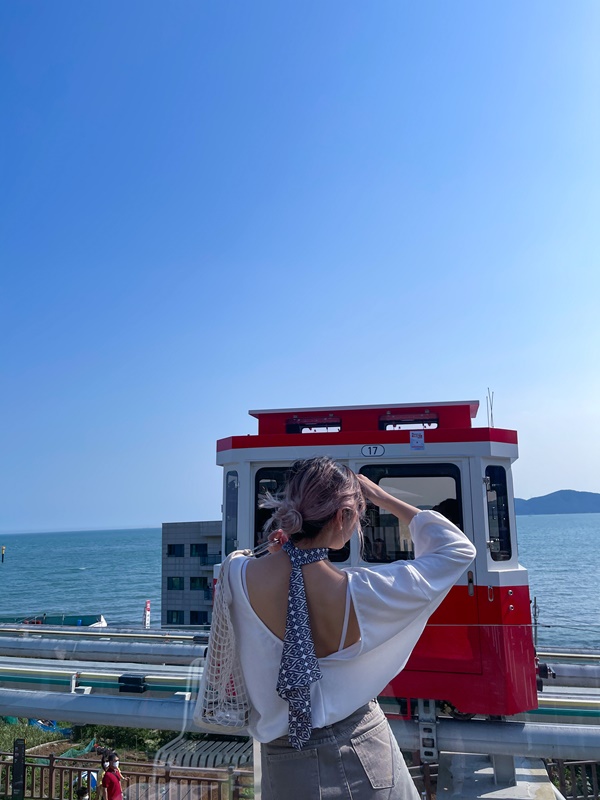
Will you return to Kazakhstan after completing grad school or will you stay in Korea?
I want to stay in Korea for three or four years after graduation and get international job experience at a prominent company. I want to use my knowledge of Korean and apply the skills that I have and will acquire at university. Afterwards, I plan on returning to my homeland and continuing my career there. This is just a plan, however, as we never know what the future holds. Who knows, I might get more attractive opportunities here in Korea or other parts of the world.
Any advice for those wishing to study in Korea?
This sounds redundant but never give up on your dreams no matter what. I have seen many people get the scholarship I got in their third to fourth attempt. It's hard to imagine applying for this program for up to five consecutive years despite getting rejected, but the people I mentioned persisted in their efforts and eventually got it. So don't give up pursuing your dream.
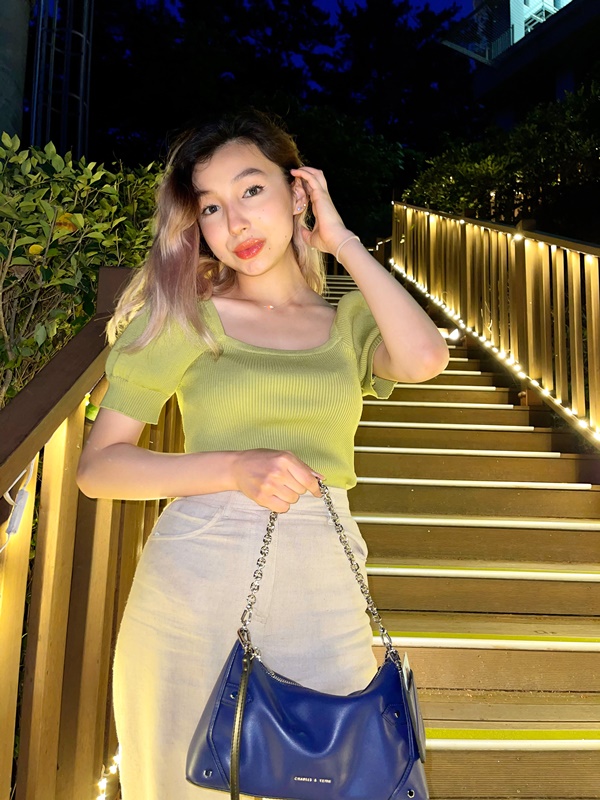
kalhong617@korea.kr
*This article is written by a Korea.net Honorary Reporter. Our group of Honorary Reporters are from all around the world, and they share with Korea.net their love and passion for all things Korean.